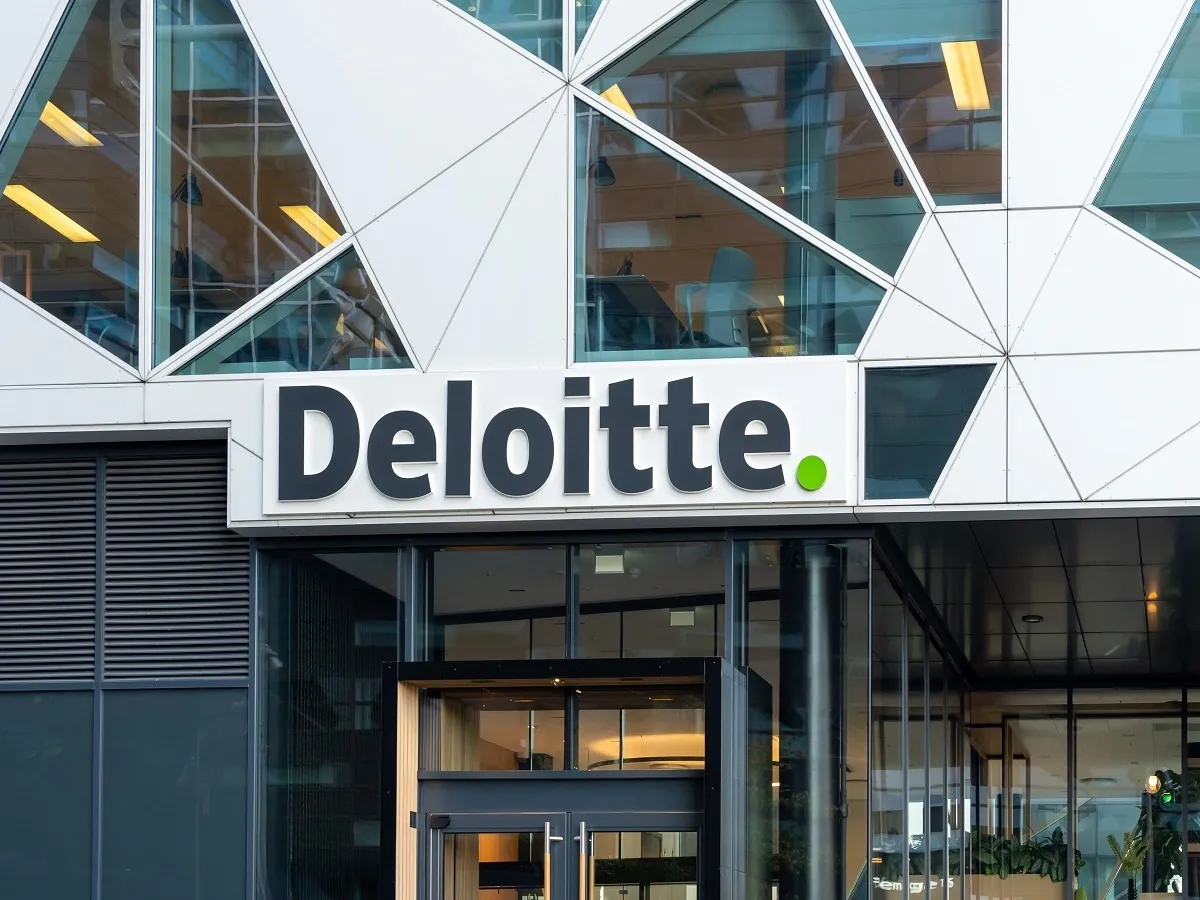
India needs ₹6-7 trillion to produce and export green aviation fuel by FY40 : Deloitte
NEW DELHI : India can become a key exporter of sustainable aviation fuel producing 8-10 million tonnes by 2039-40 by investing ₹6-7 trillion towards the effort, consulting firm Deloitte said in a report.
India would also be able to create more than a million jobs and reduce its oil import bills by $5-7 billion annually, it said on Tuesday. The investment would also bolster farmers’ income by 10-15% as agricultural residue can be used for producing sustainable jet fuel, providing an alternative to the current practice of burning crop waste, Deloitte said.
Sustainable aviation fuel refers to the blending of liquid biofuel produced sustainably from feedstock such as used oil and agricultural residues or synthetically through a process that captures carbon directly from the air, according to Deloitte.
Currently, Indian airliners have flown with as much as a 2.5% blend of sustainable aviation fuel, which is much lower than Deloitte’s estimates of 10-15% blended fuel by FY40.
Deloitte backed its study by pointing at growth in Indian aviation due to infrastructural investments, aircraft capacity addition, increasing tier 2/3 connectivity, and evolving preference for air travel.
The global consultancy major also forecast that the share of aviation in India’s transport emissions would double from about 5% now to 8-10% by 2030 as road transportation becomes cleaner with the government pushing for greater adoption of electric vehicles.
Global efforts to decarbonise the aviation sector, however, will only get the job partly done, Deloitte said.
“Globally, aviation decarbonisation can be achieved through multiple levers such as operational improvement, hydrogen fuel, electric aircraft, SAF, etc. Operational improvement initiatives, which have helped the aviation sector substantially reduce fuel consumption in the last two decades, can deliver only a limited impact in the future,” Deloitte said, adding that new technologies such as hydrogen fuel and electric aircraft are still in nascent stages.
Higher blending and green fares
India’s current position as a net exporter of Aviation Turbine Fuel (ATF) as well as its abundant feedstock will help in capitalising on the growing global demand for sustainable aviation fuel, as per Deloitte.
Sustainable aviation fuel has been a key policy initiative in the European Union, which has set clear blending targets for every five year period since 2020. The EU aims for 70% blending of sustainable aviation fuel by 2050, Deloitte said in its report.
“If the blending mandate is increased to 5% in 2030 and 15% in 2040 for domestic and international flights, the demand for SAF will reach ~0.8 million tonnes in 2030, going up to ~4.5 million tonnes in 2040,” Deloitte said.
Deloitte also noted that ‘green fares’, which are more expensive air tickets, have gained momentum as airlines as well as flyers have embraced them. “Lufthansa launched green fares in February 2023 on select intercontinental flights, including flights between Frankfurt and Bengaluru. Since its inception, more than 1 million passengers have chosen this new fare option,” Deloitte said, indicating passengers’ willingness to fly sustainably despite higher costs.
To become an exporter of sustainable aviation fuel, however, India will need to clear up clogs in its regulatory space and expedite investments by identifying certification agencies, Deloitte said.

